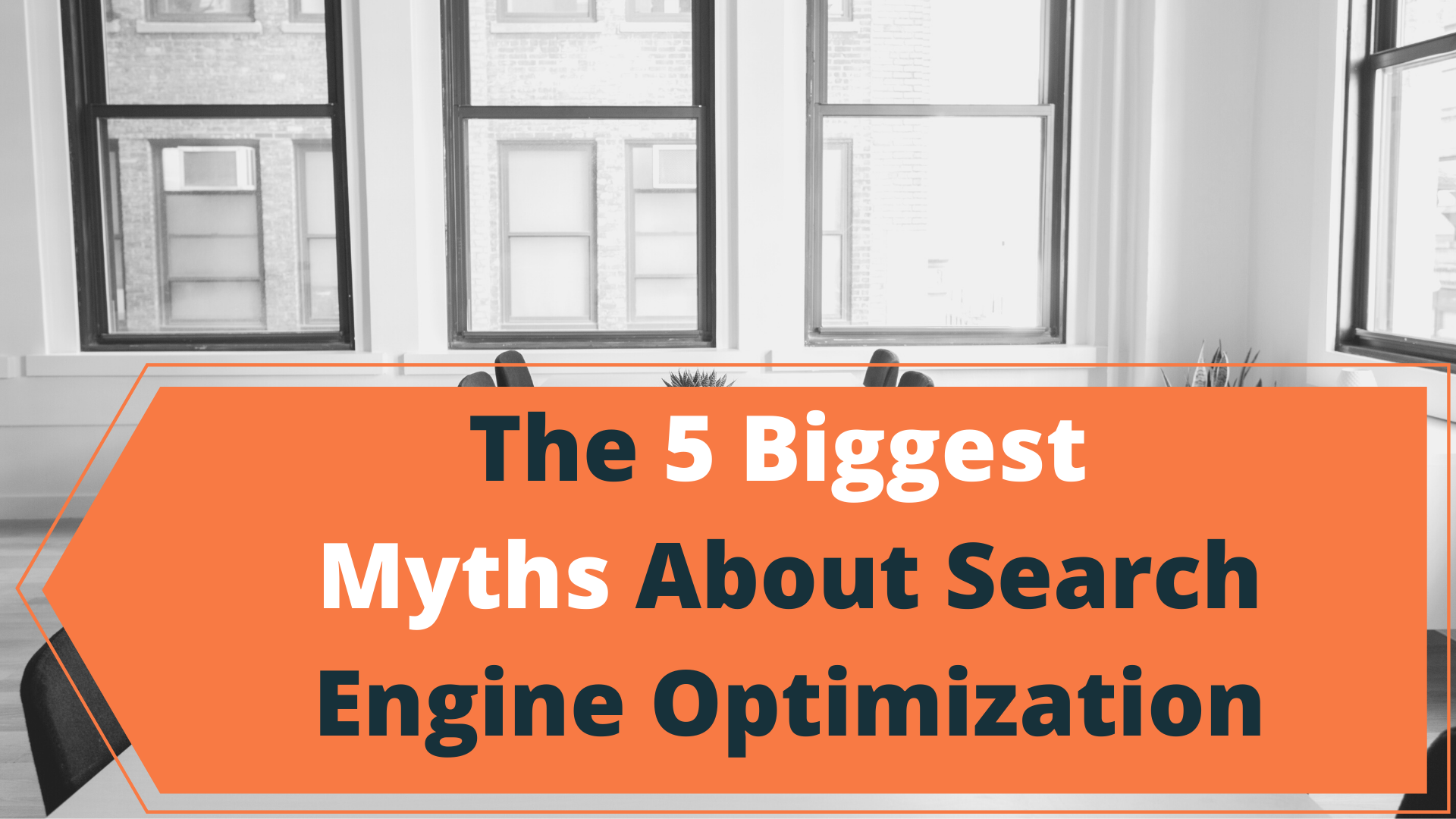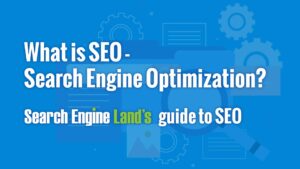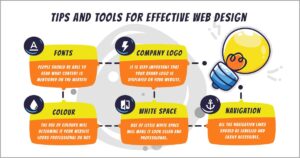The Top Five Myths About Search Engine Marketing
With the rise of digital marketing, search engine marketing (SEM) has become an essential tool for businesses to reach potential customers. However, there are many misconceptions about SEM. In this article, we will dispel the top five myths about search engine marketing.
Search engine marketing is misunderstood
It’s no secret that search engine marketing is one of the most misunderstood areas of digital marketing. This is likely because SEM is always changing, and what works today may not work tomorrow. In addition, SEM is a complex topic, with many different moving parts. It’s not uncommon for marketers to develop a poor understanding of the basics of SEM, or have a limited vocabulary to describe its different components.
Myth #1: SEM is too expensive
SEM is not too expensive. In fact, SEM is one of the most cost-effective ways to generate leads and sales for your business. SEM allows you to target your audience with laser precision, ensuring that your ads are seen by the people who are most likely to convert.
SEM also offers a high ROI, as you only pay when someone clicks on your ad. This means that you only pay for results, making SEM an extremely efficient way to market your business.
If you’re worried about the cost of SEM, consider this: the average cost-per-click for Google Ads is $2.32. That means that, on average, it will cost you less than $3 to generate a lead through SEM. Compare that to other marketing channels like television or print advertising, and it’s easy to see why SEM is such a great value.
Myth #2: SEM is only for big brands
Search engine marketing is not just for big brands. In fact, SEM can be a great tool for small businesses to reach new customers and grow their business.
SEM is an effective way to reach new customers who are actively searching for your products or services. With SEM, you can target specific keywords and phrases that are relevant to your business, and appear in search results when people are searching for those terms.
To Improve your websites visibility in search results, Visit recharge-social media which can help attract more organic traffic and grow your business over time.
So don’t believe the myth that SEM is only for big brands – it’s a powerful tool that any business can use to reach new customers and grow their business.
Myth #3: Search ads are the only SEM option
When it comes to search engine marketing (SEM), there are a lot of myths and misconceptions floating around. One of the most common myths is that search ads are the only SEM option.
This simply isn’t true. While search ads can be a great way to get your brand in front of potential customers, they are far from the only SEM option available. There are also other options like display advertising, social media advertising, and native advertising.
So if you’re looking to get started with SEM, don’t feel like you have to limit yourself to just search ads. Explore all of the different options and find the ones that work best for your business.
Myth 4: You need to be on the first page of results
This is a common misconception, and one that can lead to a lot of wasted time and money. The fact is, there are many factors that go into ranking, and being on the first page is not necessarily the most important. Depending on your business and your target market, you may be better off appearing lower in the results, or in a different section entirely. The key is to focus on getting relevant traffic to your site, rather than just any old traffic.
Myth #5: SEO and SEM are the same thing
SEO and SEM are not the same thing. SEO is the process of optimizing a website for Google’s search engine. SEM is the process of marketing a website through paid ads on Google.
SEO is important for getting your website to rank high in Google’s search engine results pages (SERPs). SEM is important for driving traffic to your website through paid ads.
SEO and SEM are both important for getting your website seen by potential customers. However, they are different processes. SEO is focused on optimising your website for Google’s search engine. SEM is focused on marketing your website through paid ads on Google.
Conclusion: The benefits of SEM outweigh the myths
When it comes to marketing your business online, there is a lot of misinformation out there. Search engine marketing (SEM) is no exception. SEM is a powerful tool that, when used correctly, can help you reach your target audience and grow your business. However, there are some common myths about SEM that can prevent businesses from taking advantage of this tool. We debunked the most common myths about SEM and explained how to use it effectively.






Be First to Comment